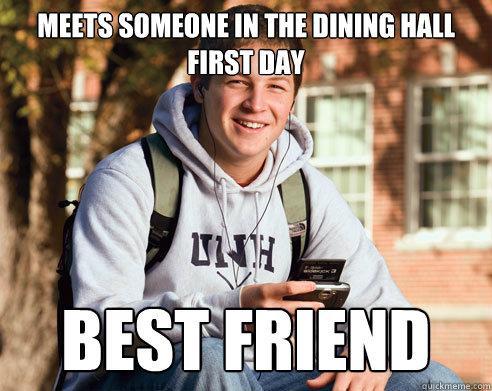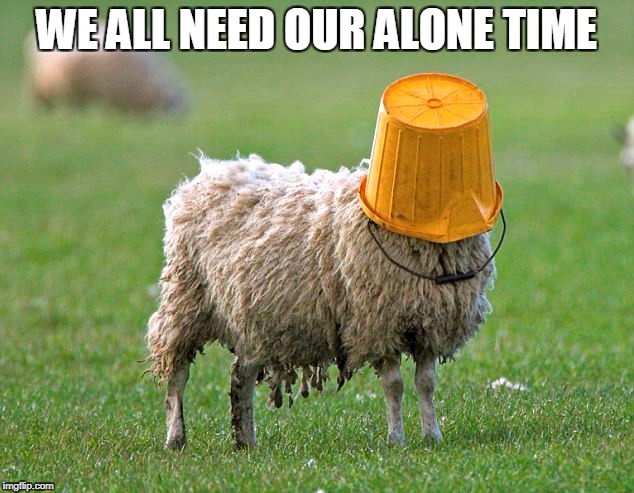Failing, in my opinion, is a significant part of the college experience. For many, college is where you learn all about who you are as a person and you learn what you would like to do in your future. When you don’t take on new things, however, most times you never find your passion. We often don’t take on new things because we are scared that the other side of that chance is failure. What we often don’t know is failure allows you to grow, gain knowledge and become more in sync with who you are.
I recently interviewed for a prestigious program on campus. In the interview, they asked me an interesting question: “what would you do if you couldn’t fail?” My immediate thought was to say “Tim, I would do everything that I’d like to do now, become a counseling psychologist, start directing films, and create my nonprofit mentoring program for under-served student populations.” I want you to think about this question for a second and decide what you would do if you couldn’t fail. Now, let me tell you what I would do now after I took some time to self reflect. My answer would be NOTHING, because without failure the best ideas you have would only be mediocre. They wouldn’t amount to anything or have much impact because you never struggled; your road to success was a straight line. Life brings many different struggles, failures, and obstacles, but with each of these three things comes wisdom, resilience, and passion. You grow when there are challenges within your life, and you must choose to learn from the situation at hand, so in your future you can surpass it with ease.
I am pretty confident to say all of the greatest innovators have failed and faced heart-breaking obstacles, but eventually they chose to learn from their failures and make the most out of what they’d taken in. You cannot give up ever! Steven Spielberg, one of the greats of cinematography was rejected multiple times by a school he wanted to enroll in to make his dreams become a reality. He didn’t quit, he didn’t let the rejection hinder his dreams; instead, he chose to be more creative, stay driven and eventually that school named the cinematography building after him!
Take on New Opportunities
Don’t be afraid to fail! Take on new opportunities, take risks, and challenge yourself because we only have one life to live. LIVE YOUR BEST LIFE! Try new things, set goals and don’t let anything deter you from getting to those goals. We must have drive, passion and love for what we do and if we do not, there is no point in doing it. Our time is limited, so make the most of every second, every minute, every hour and day of your college experience.
Fail Spectacularly
When you fail, fail spectacularly, as Leslie Odom Jr. says. Embrace your failure and learn from your mistakes. If you failed to get into something that you wanted, don’t let it hurt you; rather, let it drive you to bring more creative ideas to the table, to grow, and to prove wrong the people who don’t believe in you. Michael Jordan said that he failed over and over again in his life, but that’s why he succeeded. His failures motivated him to work harder, to play smarter, and to be more creative on the court.
I choose to FAIL, to learn and to let my failures become my driving force to be successful, and I hope that you will, too!
































